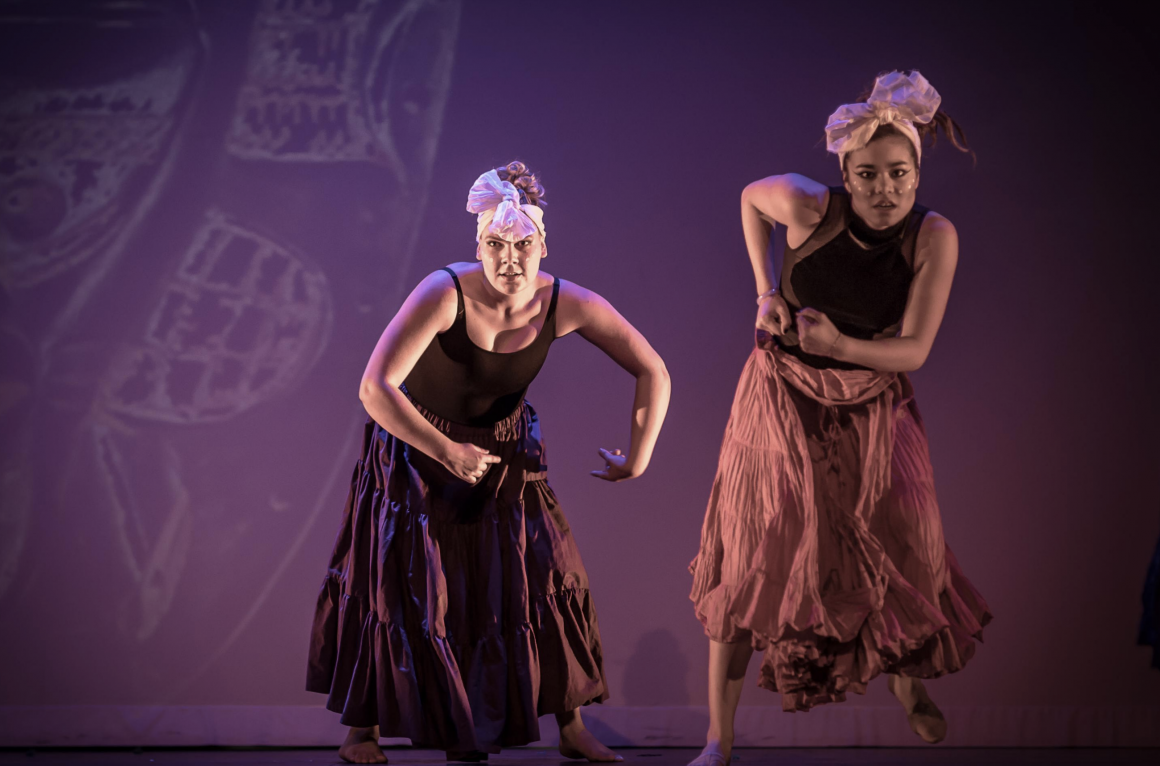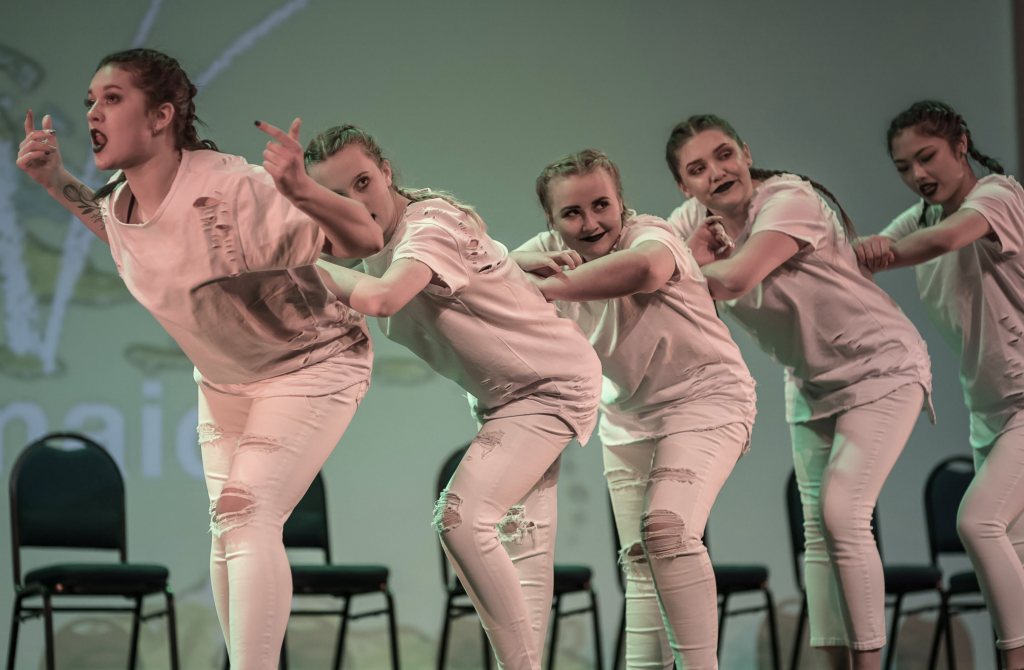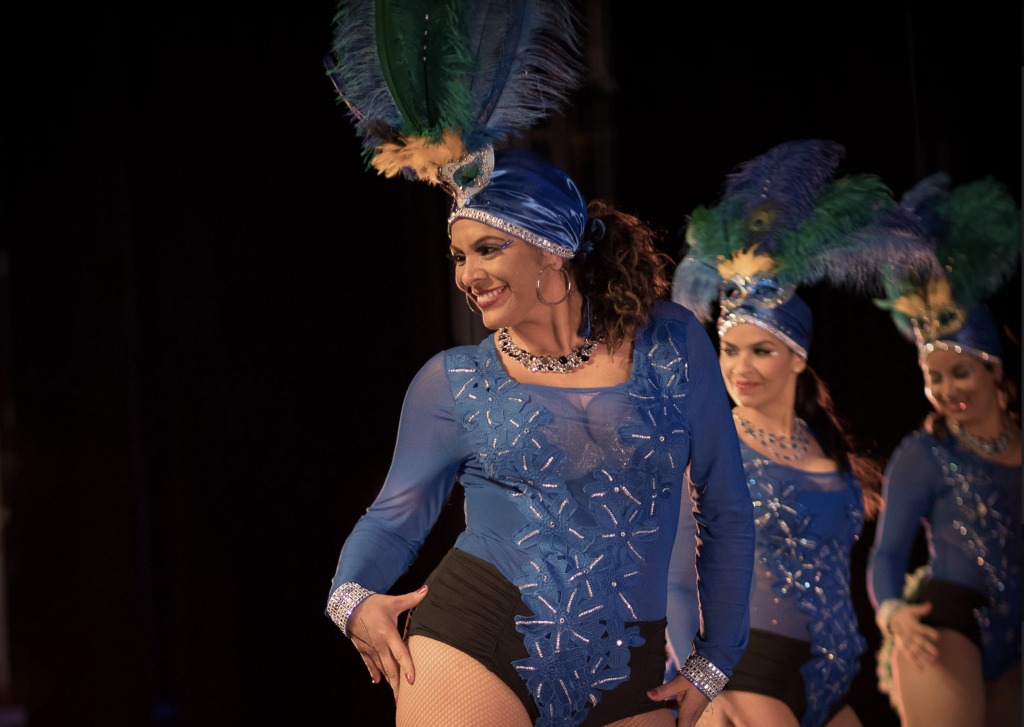
Woezo Africa Music & Dance Theatre Inc. to celebrate Black History Month with Unganisha
By Thomas Johnson, January 28 2018 —
The greatest trick the Devil ever played was convincing a naive world that some backpack-wearing punks on Vine or a video game originated their favourite viral dance craze. In reality, those dances probably came to be well-known before the advent of our favourite prematurely deceased social media platform or Fortnite. It’s not a meme or fad. Its history and heritage. It’s a lesson in ownership, and the cost of generational appropriation. In February, the Woezo Africa Music & Dance Theatre Inc. plans on educating us.
As part of Calgary’s Black History Month, Woezo will produce Unganisha, a celebration and exploration of nine dance genres with African roots. The production features locally-sourced professional choreographers and dancers from within Calgary communities, performing tap, jazz, hip-hop, samba, capoeira, step, Afro-Cuban, Afro-Caribbean and salsa dancing routines true to their origins.

“Unganisha means ‘connection’ in Swahili,” says Wunmi Idowu, the founder and director of the Woezo Africa Music & Dance Theatre Inc. “And what we’re trying to do is connect our community.”
A piece of Calgary’s Black History Month celebrations, the extravaganza will tell an intergenerational romance via dance. With a different choreographer for each dance section and a cast of 75 trained dancers, Unganisha’s core conceit speaks to the universal languages of love, music and the oldest, purest form of expression.
“There is a huge disconnect in the African diaspora in Calgary,” Idowu says. “This gives us an opportunity to engage the community and show who we are.”
After the show there will be a cultural fair, which is free to all visitors, however Idowu recommends bringing at least $30, as the reception will be replete with vendors of African or Caribbean heritage, selling traditional goods to match the spirit of the production. This time can be used to further explore the genres and cultures that took the stage moments before.
Idowu hopes the lessons in Unganisha will be able to translate to the lives of their goers. For instance, Idowu, along with her assistant Nelson Arsenault, is choreographing the step dancing portion of the night, a cyclical performance with South African roots, in which the dance creates the music and vice-versa. Memories of Stomp might come flooding back — people smacking the sides of dumpsters and drumming the lids of garbage was shaping the rhythm their body reacts to.
It’s no well-kept secret that great swathes of modern Western culture have been appropriated from African traditions, oftentimes tweaked and, frankly, whitewashed to the point of unrecognizability — at their best, they’re often taken for granted.

“I’ve been a performer for over 22 years, doing different [dance] classes. The instructors rarely teach how and why these dances have been informed by African culture. You have to Google it. That’s a piece that’s missing,” says Idowu. “We understand there’s a chance to inform and educate the community. It’s a great way to come experience black history and learn and apply it.
“It’s part of history. It’s a part of our black history, so we would like to showcase it.”
The performance of Unganisha will take place on Feb. 2 at the Martha Cohen Theatre in the Arts Commons. Tickets are $50 for adults and $35 for seniors and students. For more information, visit www.unganishadance.com.
